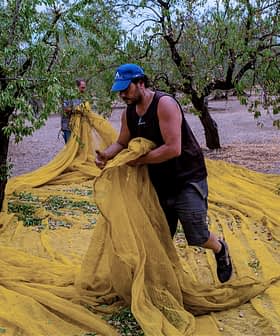Filippo Berio has announced plans to partner with the Italian National Research Council on a three-year research project in which they aim to improve understanding of Xylella fastidiosa.
Under the initiative, 70 hectares of Filippo Berio’s Tuscan olive groves located between Lucca and Pisa will be transformed into an “open-air laboratory.” The plans include the cultivation of Tuscan olive trees which have shown greater resistance to Xylella than other varieties.
Scientists will also monitor sap-sucking spittlebugs which are known to spread the deadly disease and surround the olive trees with a species of grass that is known to repel the spittlebug.
The researchers will also determine the most effective soil and plant management systems in a quest to improve olive cultivation in Italy.
Since 2013, Xylella fastidiosa has desecrated olive groves in Italy’s Puglia region, rampaged across the country and decimated crops in Spain, France, Portugal and Israel.
The Italian government has faced criticism for not doing enough in the fight against Xylella although, toward the end of last year, Teresa Bellanova, Italy’s agriculture minister pledged funds and resources to stem the spread of the disease and assist the economy in regions most affected by the pathogen.
Although there is no known cure for Xylella, earlier this month Olive Oil Times reported that a new treatment for infected trees appeared to be effective.







